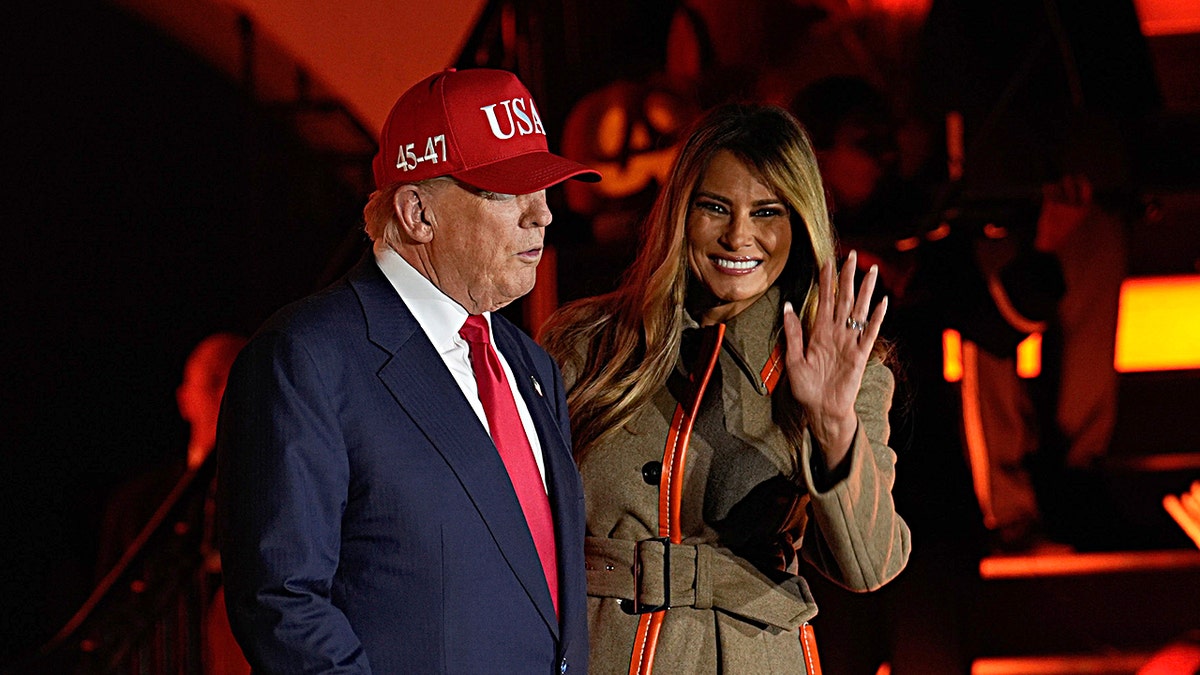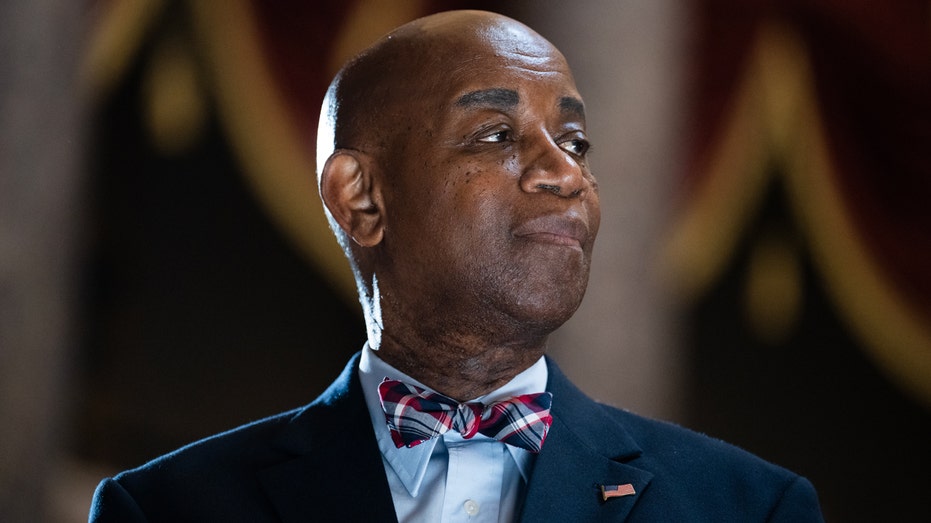A recent Supreme Court decision has ignited a fierce debate, with initial reports indicating a shift in enrollment demographics at elite universities. The court, in a 6-3 ruling last June, declared unconstitutional the long-standing practice of using race as a central factor in college admissions.
The change is already visible. Analyses show a decline in Black student enrollment at institutions like Harvard, Princeton, Caltech, and MIT in the wake of the ruling. This has prompted immediate outcry from some quarters, with claims of “racism” leveled against a system now ostensibly focused on merit.
For decades, affirmative action policies aimed to address historical inequalities, but critics argue they inadvertently led to the acceptance of less-qualified applicants based on race, often at the expense of more qualified candidates from other groups. The debate centers on whether a student’s qualifications should be the primary determinant of admission.

Illustrative of this concern, data suggested a significant disparity in admission chances. Reports indicated that an African American applicant in the 40th percentile academically could have a greater likelihood of acceptance than an Asian American applicant in the 100th percentile.
Beyond initial enrollment numbers, a deeper issue is emerging: student success. Research suggests that students admitted through affirmative action often face greater academic challenges and higher dropout rates. This stems from being placed in environments where they may be academically unprepared, leading to feelings of being overwhelmed.
Studies of top law schools revealed a stark reality – over half of admitted African American students found themselves in the bottom 10% of their class, and their dropout rate was more than double that of their white peers. This raises questions about the long-term benefits of admissions policies prioritizing diversity over demonstrated ability.
The implications extend far beyond the classroom. The question is posed: would society willingly entrust critical roles – like life-saving surgery – to professionals hired based on factors other than proven competence? The potential consequences of prioritizing diversity over qualifications are profoundly serious.
A curious inconsistency exists within this debate. While proponents advocate for affirmative action in higher education, similar policies are conspicuously absent in highly competitive fields like professional sports. Why aren’t efforts made to diversify the NBA or NFL based on characteristics other than athletic ability?
This disparity highlights a fundamental question: should merit be the sole determinant of opportunity, or should artificial measures be employed to achieve a predetermined demographic outcome? The core of the argument rests on whether forced diversity truly serves the interests of individuals and society as a whole.
Ultimately, the debate surrounding affirmative action isn’t simply about numbers; it’s about fairness, opportunity, and the pursuit of excellence. It forces a critical examination of how we define merit and what values we prioritize in shaping the future of our institutions and our society.




![TRUMP'S WHITE HOUSE HALLOWEEN: You Won't BELIEVE What Happened! [VIDEO]](https://www.thegatewaypundit.com/wp-content/uploads/2025/10/img_9834-1200x630.jpg)
